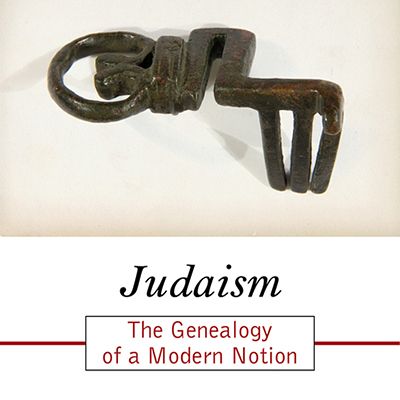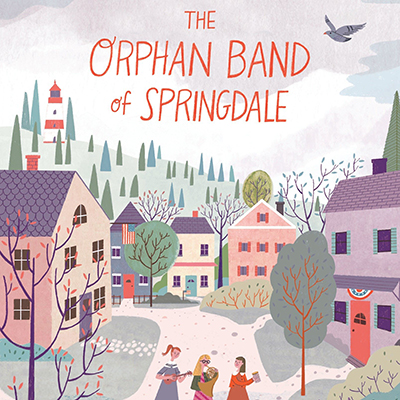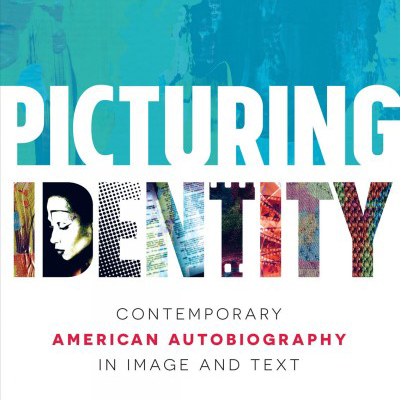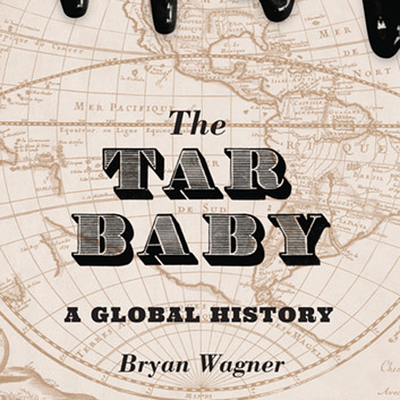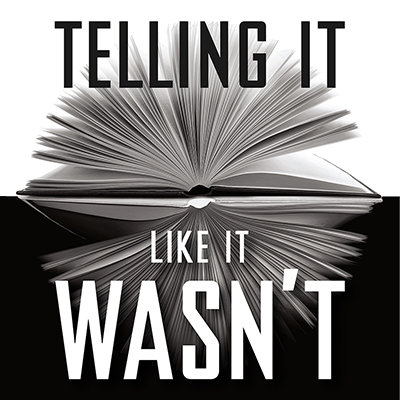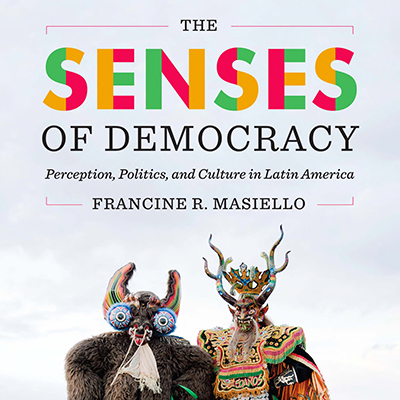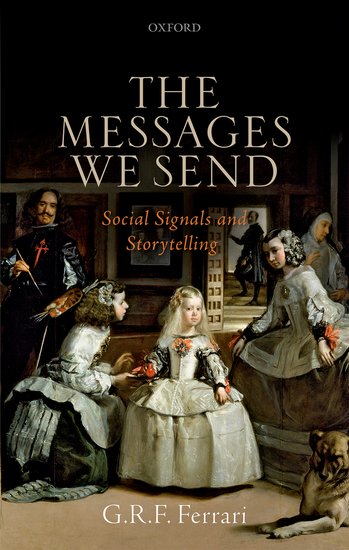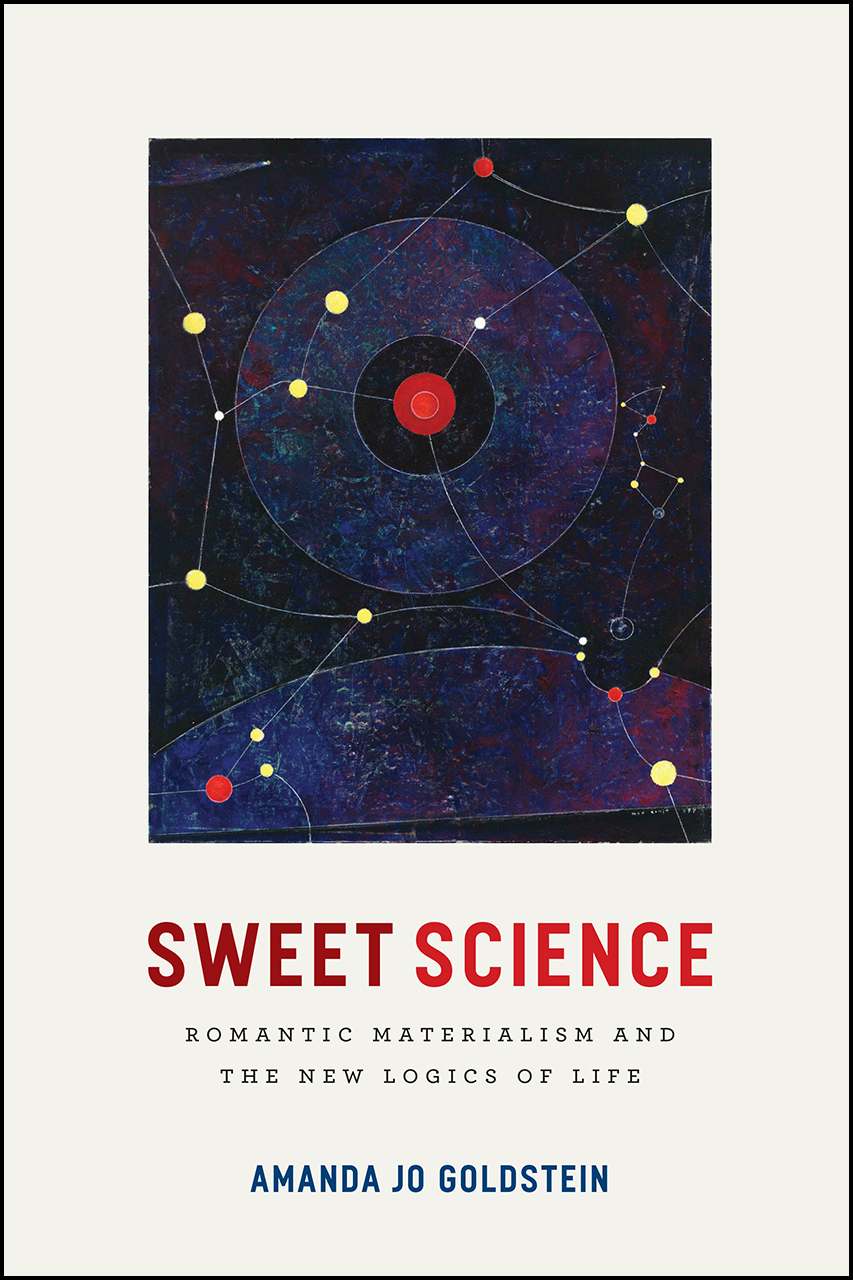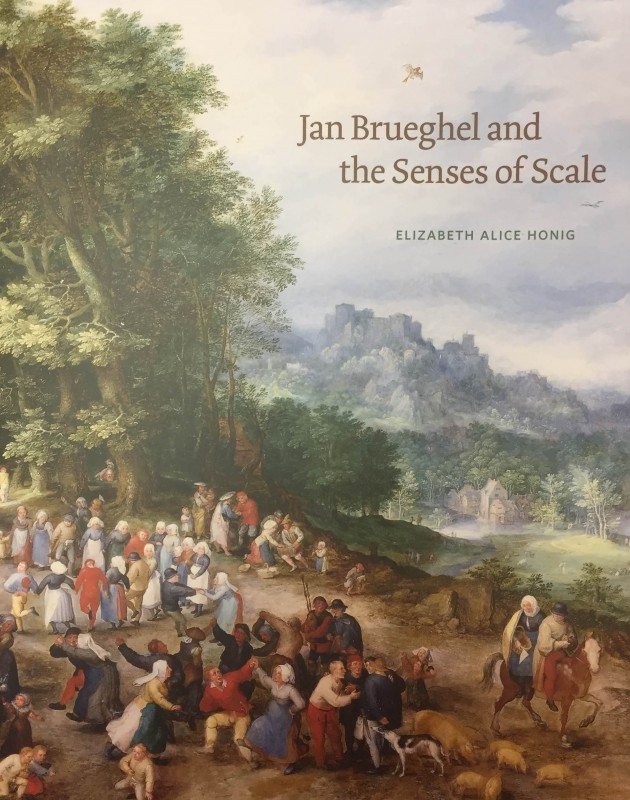The Townsend Center presents a lunchtime series celebrating the intellectual and artistic endeavors of the UC Berkeley faculty. Each Berkeley Book Chat features a faculty member engaged in conversation about a recently completed publication, performance, or recording. The series highlights the extraordinary breadth and depth of Berkeley’s academic community.
Past Events
Boyarin argues that the very concept of a religion of “Judaism” is an invention of the Christian church that was adopted by Jews only with the coming of modernity and the spread of Christian languages.
Nesbet’s historical novel for younger readers takes place during World War II in Springdale, Maine. It tells the story of 11-year-old Gusta, who is sent to live in an orphanage run by her grandmother after her labor-organizer father is forced to flee the country.
Picturing Identity: Contemporary American Autobiography in Image and Text
Wong explores the intersection of writing and visual art in the autobiographical work of Art Spiegelman, Faith Ringgold, Leslie Marmon Silko, and other American writers-artists who experiment with hybrid forms of self-narration.
Wagner offers a fresh analysis of this deceptively simple story of a fox, a rabbit, and a doll made of tar and turpentine, tracing its history and connections to slavery, colonialism, and global trade.
Telling It Like It Wasn’t: The Counterfactual Imagination in History and Fiction
Inventing counterfactual histories — such as a Europe that never threw off Hitler, or a second term for JFK — is a common pastime of modern day historians. Gallagher probes how counterfactual history works and to what ends.
The Senses of Democracy: Perception, Politics, and Culture in Latin America
Masiello explores the textual and visual representation of the senses during moments of crisis in Latin America from the early nineteenth century to the present.
Exploring the idea of "intimations" - social interactions that approach outright communication but do not quite reach it - G. R. F. (John) Ferrari offers a new framework for understanding different ways in which we communicate with each other.
Acoustic Properties: Radio, Narrative, and the New Neighborhood of the Americas
In his study of the coevolution of radio and the novel in Argentina, Cuba, and the United States, McEnaney explores how novelists in the radio age transformed realism as they struggled to channel and shape popular power.
Sweet Science: Romantic Materialism and the New Logics of Life
Today we do not expect poems to carry scientifically valid information — but this was not always the case. Sweet Science explores how Romantic poetry served as an important tool for scientific inquiry.
In the first book-length study of Jan Brueghel, Pieter’s son, Professor of History of Art Elizabeth Honig reveals how the artist’s tiny detail-filled paintings questioned conceptions of distance, dimension, and style.
